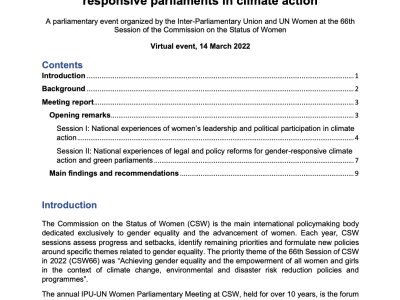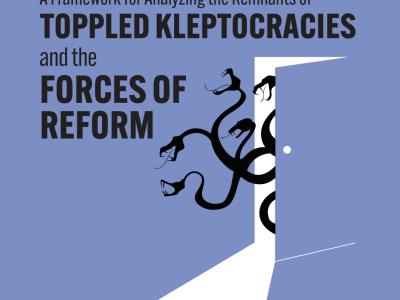
At the start of this century, just over 20 years ago, Peru was in the process of deep ‘dekleptification.’ After a decade in power, President Alberto Fujimori and Vladimiro Montesinos, his notorious chief of intelligence services, had fled the country to evade justice. Hundreds of leaked videos– showing Montesinos paying out bribes to political, business and media figures– made a compelling case for wholescale reform of the country’s institutions.
The transition government (2000-2001) that followed faced the immense task of cleaning up the country’s institutions and transforming the democratic culture. President Valentin Paniagua made admirable use of his popular mandate and this ‘window of opportunity’ moment by reforming the election system, reasserting civilian control over the military, allowing the judiciary more independence, and setting up a truth commission to investigate human rights abuses.
Though Paniagua set the country on the right path, the ‘window of opportunity’ for genuine reform closed during the subsequent governments. Some of the kleptocratic networks that operated during the Fujimontesinos years were able to reconfigure, while other new networks emerged. Corruption continued as the operating system in certain sectors, especially public procurement; six ex-presidents have been implicated in scandals related to bidding processes over the last 15 years. Today, the country is roiled by a fresh wave of political turmoil stemming, at least, in part, from the state capture that has gutted and (mis)guided State institutions
Peru’s story of derailed dekleptification is more often the rule than the exception. A change of political leadership is a first essential step, but insufficient on its own to ensure a transition out of kleptocracy. Contexts ranging from Guatemala to Sudan to Myanmar give testament to the deeply embedded nature of corrupt networks, structures and practices that can impede the emergence of healthy rule of law.
With these challenges in mind, NDI is launching Spoiler Alert: A Framework for Analyzing the Remnants of Toppled Kleptocracies and the Forces of Reform, a resource for use by reformists, researchers and practitioners to identify and assess the lingering or reconfiguring kleptocratic networks that might act as ‘spoilers,’ undermining democratic and anti-corruption progress. The methodology identifies data sources, suggests a set of questions for exploration and presents options for analyzing and depicting kleptocratic networks. Spoiler Alert is a comprehensive tool meant to cover a multiplicity of challenges that arise in post-kleptocratic transitions, but at the same time offers a menu of options adaptable to different contexts and situations, or time, security or resource constraints.
The assessment framework was developed by Sarah Chayes, who spent ten years working in Afghanistan and has published extensively on corruption and kleptocracy.
The publication is available in English and Spanish.






